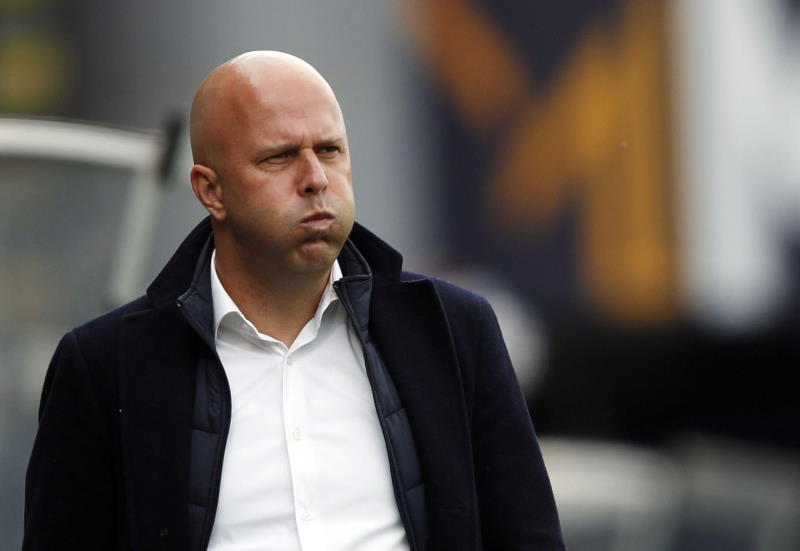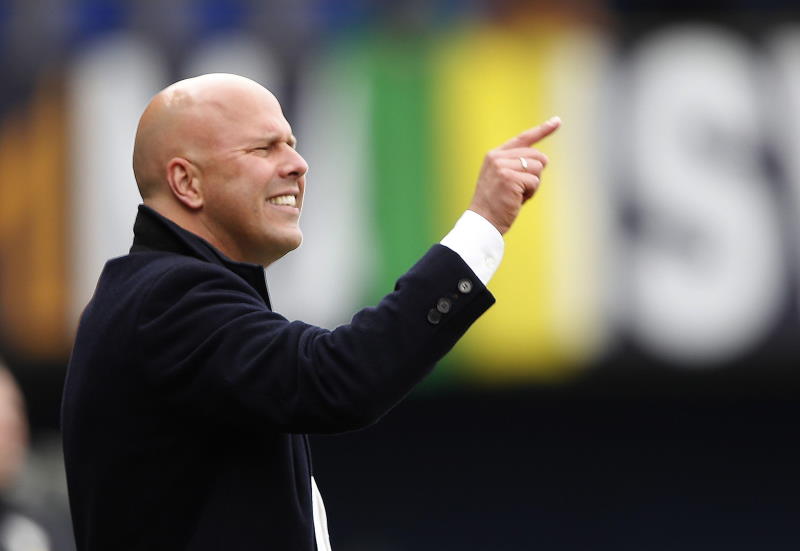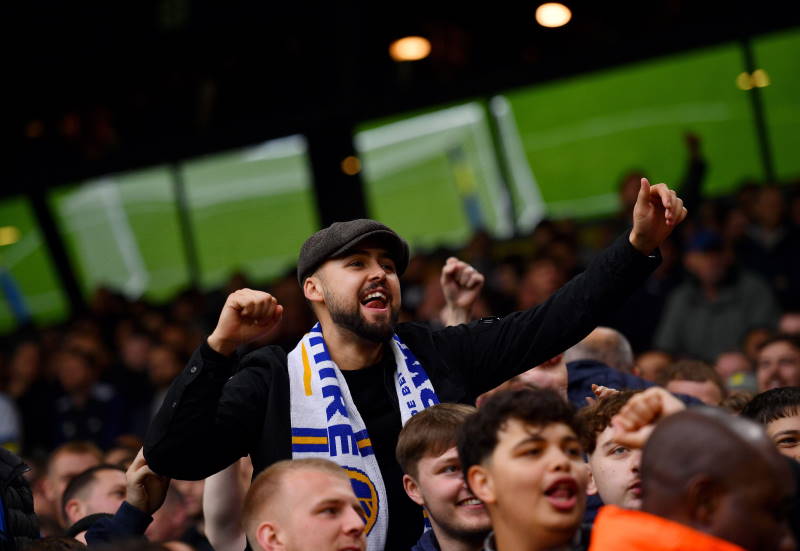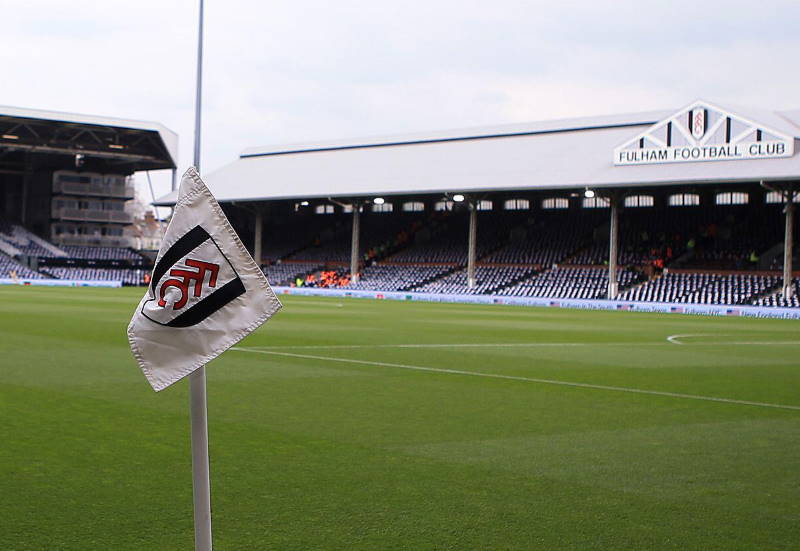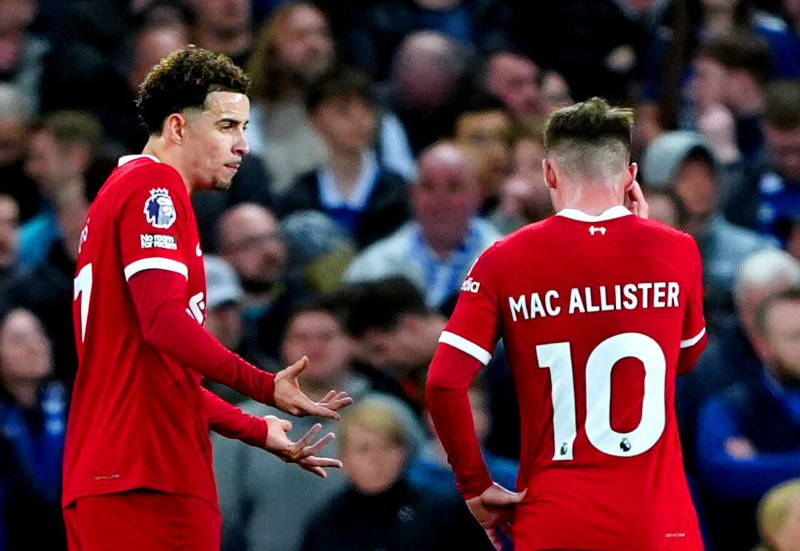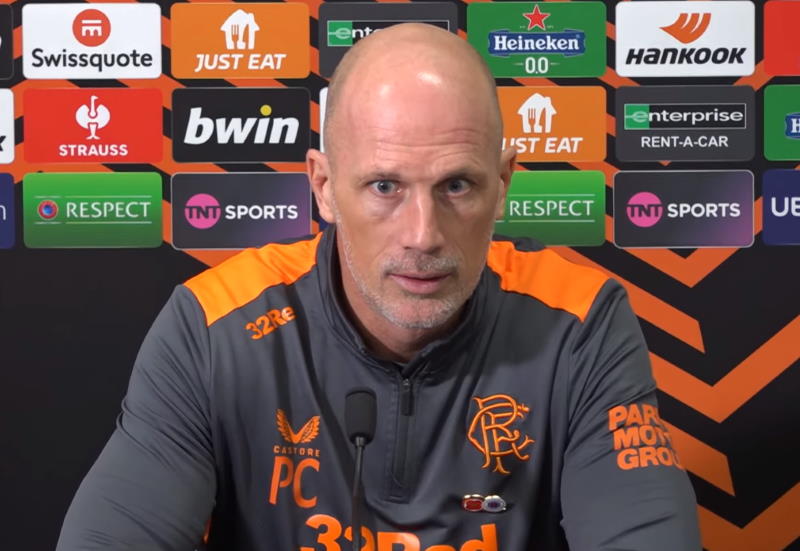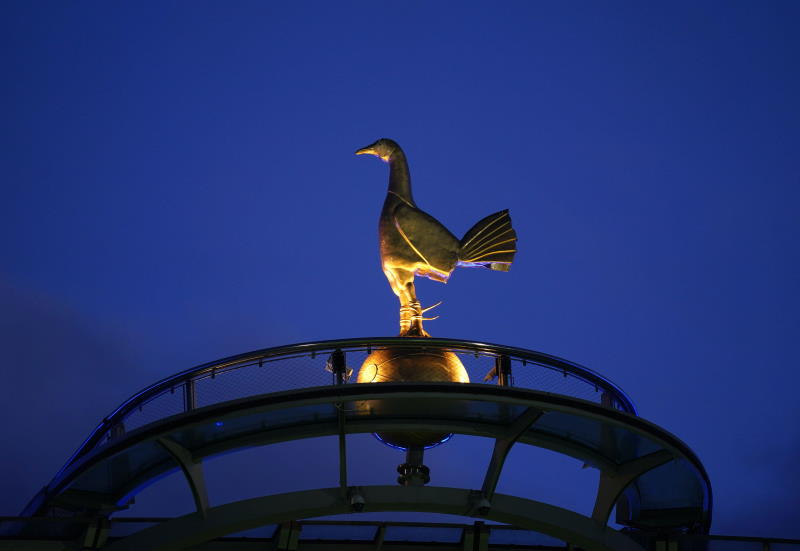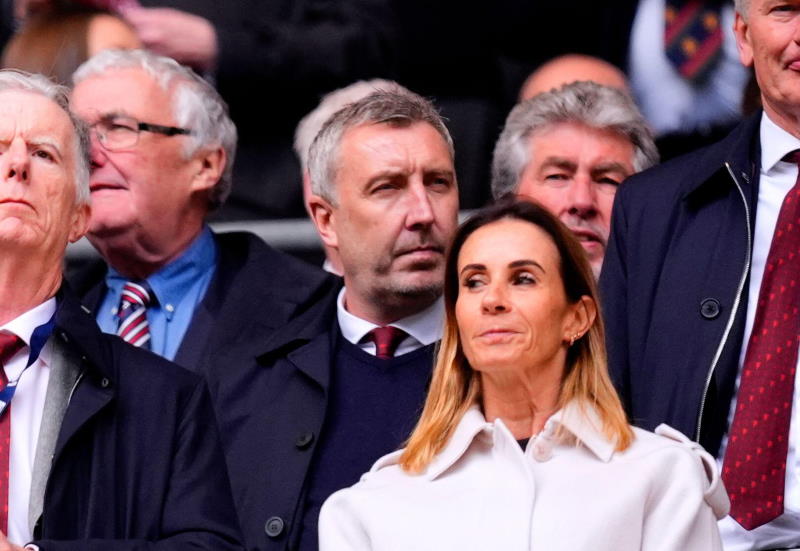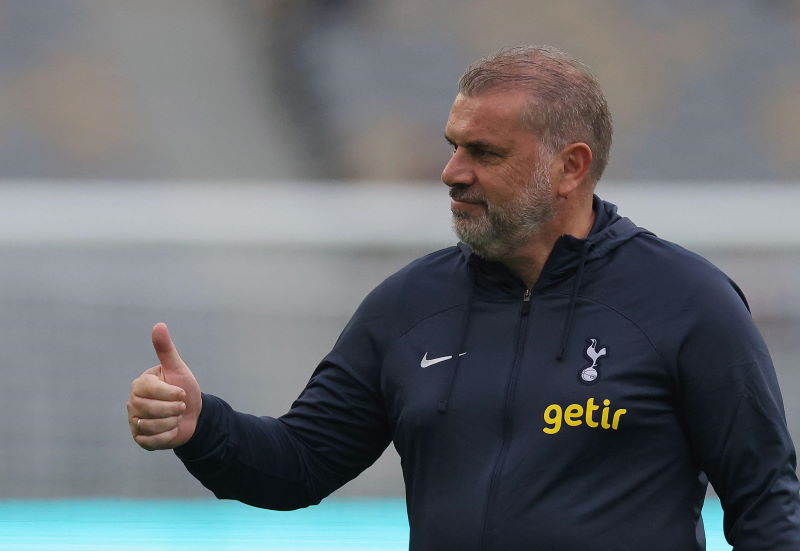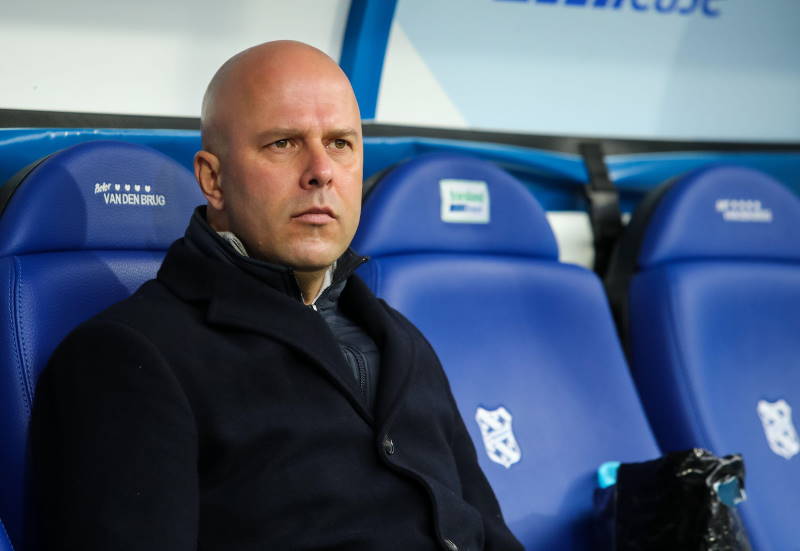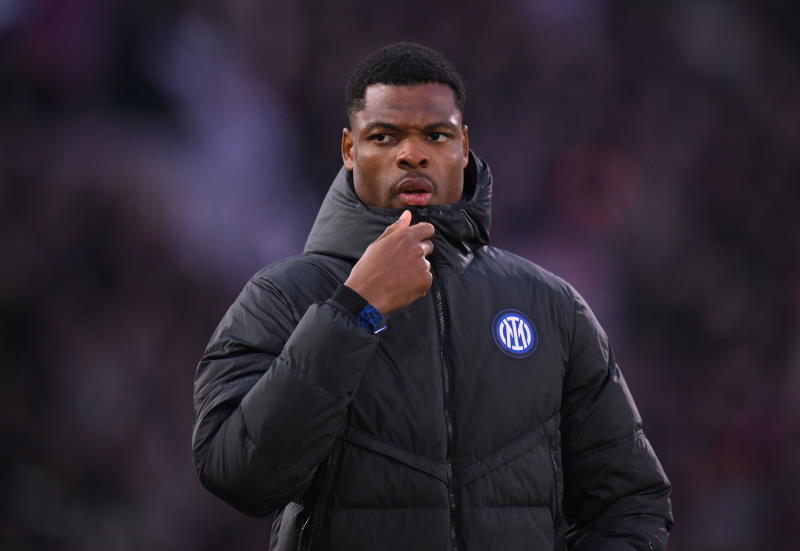
Poland’s ignominous exit from Euro 2012 at the hands of an admittedly good, but hardly unbeatable Czech Republic side, must be blamed on coach Franciszek Smuda.
After two nerve-racking games against Greece and Russia it was evident that playing with one striker up front, even one as good as Robert Lewandowski, was not a formation for scoring goals.
And that is exactly what Poland had to do against the Czech Republic. After two group matches it was also clear that the co-hosts were unlikely to keep a clean sheet against Michal Bilek’s men, therefore at least two goals would probably be needed to see off their southern neighbours. The old British SAS army motto ‘who dares wins’ comes to mind. Smuda did not dare to make a badly-needed addition up front, and he lost. His indecisiveness was seen before the Czech Republic game when he left the decision on whether to play Wojciech Szczesny or Przemyslaw Tyton in goal, up to his goalkeeping coach.
An over-reliance on Borussia Dortmund hitman Lewandowski as the sole-striker was always fraught with problems. What if he was injured? There were two other forwards in the squad and Smuda should have played one of them from the beginning, to at least take some of the pressure off Lewandowski.
When he did finally bring one on there were only 15 minutes left to play and two goals needed. And it is probably fair to say the veteran coach brought on the wrong option as well. Pawel Brozek is a proven striker, but one who had spent the entire season warming the substitutes bench at Trabzonspor in Turkey and Celtic. Artur Sobiech on the other hand had scored twice in only six recent outings for Hannover, both in the Europa League, while he also bagged Poland’s only goal in a warm-up friendly against Latvia just before Euro 2012. Smuda rewarded the 22-year-old by dropping him for the next game against Slovakia and then giving him a late run-out in the worthless 4-0 win against Andorra. A game in which he would not dare risk more than one striker at a time – against the lowest-ranked team in the whole of Europe.
Perhaps this cautious approach was understandable in the white-hot atmosphere of Warsaw’s pulsating National Stadium, with the whole Polish nation breathing down Smuda’s neck.
And it paid off – but only just. In the second game against Russia, as the co-hosts relaxed, the Reprezentacja began to play a slower, more patient game with short neat passing while creating spaces which eventually paid off when Jakub Blaszczykowski was able to take advantage of a shooting position. This was the kind of football that can not only win matches at the highest level, but is also attractive to watch.
Then unbelievably, against the Czech Republic not only did the same line-up take the field, but for the first time in this tournament they began to play the crudest form of football, referred to as ‘route-one’. It smacked of utter desperation as the Polish midfield punted long hopeful balls up the middle to the closely-guarded Lewandowski.
Skipper Blaszczykowski admitted it was a mistake: “We were trying to play long balls through the middle, but the Czechs were prepared for that and intercepted them easily,” he said after the match.
Also against the Czech Republic, perhaps it would have been necessary to drop that over-reliance on those right-sided Lukasz Piszczek-Blaszczykowski raids. It is true it works well at Borussia Dortmund – but not always. When it becomes too predictable, coach Jurgen Klopp switches Blaszczykowski over to the left flank and that is exactly what Smuda should have done. Once again it played right into the hands of the waiting left-sided Czech defence.
It is very sad that Franciszek Smuda’s reign as Poland’s national coach had to end on such a low key because in many other respects he has done a very good job. By introducing foreign-born players such as Ludovic Obraniak and Damian Perquis in the face of fierce criticism from many Poles, including legendary former goalkeeper Jan Tomaszewski, he showed wisdom and courage. They did a great job in bolstering a defence which until then had been collapsing against even the weakest opposition.
Unfortunately in the end Smuda buckled under the incredible pressure. But then perhaps not many coaches would have managed to survive such a situation.

